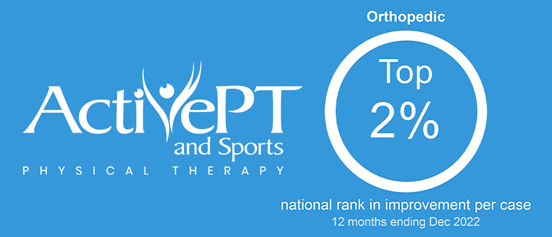It is estimated that 25 million Americans experience urinary incontinence. In fact, as many as 1 in 4 women over the age of 18 have symptoms of leaking urine involuntarily. Despite being common, bladder problems are not normal. Some people experience urinary incontinence which involves leaking with physical activity and/or coughing, sneezing, or laughing (stress incontinence). Others have difficulty holding urine because of a feeling of urgency (urge incontinence). Some experience a mix of urge and stress incontinence. Over half of individuals who suffer from these symptoms do not seek help due to embarrassment, misinformation, or shame. While there are medical conditions that contribute to symptoms of incontinence, these symptoms can also be related to pelvic floor muscle dysfunction.
The pelvic floor is a group of muscles, nerves, ligaments, and connective tissue that create a sling from the pubic bone to the tailbone. This sling supports the bladder and all organs in the lower pelvis. The pelvic floor muscles assist in several functions including bowel and bladder control, sexual appreciation, support of the pelvic organs, and stabilization of the low back and hips. When these muscles aren’t working correctly they can contribute to incontinence, cause pain and a variety of other issues that interfere with one or more of these functions.
Pelvic floor dysfunction is an under-treated and under-diagnosed issue that affects many men and women. It can cause a significant impact on a person’s physical function and quality of life. This dysfunction can be evaluated by a specially trained physical therapist that treats pelvic floor disorders in women, men, and children including urinary incontinence, pelvic or tailbone pain, vaginal pain, sexual dysfunction, pelvic organ prolapse, and back, hip, or sacroiliac joint pain that has not improved with traditional physical therapy.
At Active PT, your pelvic health physical therapist will address your stress/urge incontinence, pelvic pain, or dysfunction by treating your pain and improving muscle coordination, strength, and function. After a comprehensive muscle examination, our therapist will create a treatment plan to address your personal concerns and improve your quality of life. Our sessions are one on one, in a private room, and individualized to your specific needs and comfort level. Pelvic health physical therapists receive extensive training, beyond what is offered in physical therapy graduate school, and specialize in the muscles and function of the pelvic floor and the surrounding structures. If you are pregnant or in your postpartum period, you are experiencing unique challenges. To find out if pelvic floor physical therapy is right for you, schedule a free 15-minute screening appointment and get your questions answered today.
Mary Kleis, DPT
Pelvic Health Physical Therapy
Pregnancy and Postpartum Pain




